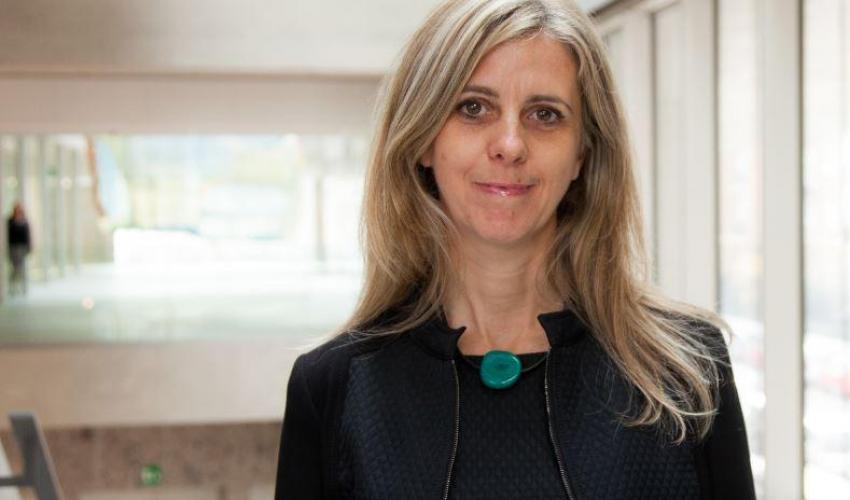
The Limits of Health Screenings
MASS SCREENINGS ARE NOT ALWAYS A GOOD IDEA, ESPECIALLY IF THEY DON'T IMPROVE HEALTH STATISTICS. APART FROM THE COST OF THE SCREENINGS PER SE, THERE IS ALSO THE RISK OF EXPENSIVE AND INVASIVE THERAPIES THAT ARE NOT ALWAYS NECESSARYby Sonia Brescianini
Translated by Alex Foti
Modern medicine has given us the power to identify many diseases before they become manifest, so that pre-emptive measures can be taken, and sickness and mortality rates can be reduced.
In the 1950s there was considerable enthusiasm for one of first screening campaigns targeting lung cancer. Through two not too invasive tests, such as cytological examination of mucus and X-rays to the chest, cases were identified more precociously, and had a higher chance of being treated surgically. However, after 10 years since the start of the program, cumulative survival was the same as for subjects who had not been subjected to screening. The campaign was then interrupted: screening made earlier diagnosis possible, but didn’t improve on the prognosis. In fact, early diagnosis is useful, only if early treatment provides clear advantages. So, starting in the 1970s, more stringent standards were set for a screening program to be implemented. In detail, these are: the pathology must be relatively frequent and serious; good screening results can be obtained; effective treatment must be available.
However, as Archie Cochrane, the Scottish doctor who first developed evidence-based medicine forty years ago, first noted, economic resources are finite and should be used equitably to provide the population with cures whose effectiveness has been demonstrated by scientifically valid studies. It is thus fundamental to make a cost evaluation of screening, in order to avoid that funds are subtracted from treatments that have proved effectiveness.
But it’s not only an economic issue. The most widespread types of screening, those which actually reduce cancer mortality – and not, like many erroneously believe, prevent cancer – have always been presented to public opinion as obvious, uncontroversial choices, while they are actually among the most difficult decisions to be taken by a person. There is no public discussion about the risk of “overdiagnosis”, i.e. the identification of small damages that don’t give rise to symptoms in patients, but which are nevertheless treated with what could be very invasive therapies. And overdiagnosis costs the patient and society dearly.
The crucial point is thus responsible communication with citizens, so that they can truly understand what a screening program entails, as well as its costs and benefits. It is also necessary to closely monitor screening programs in order to evaluate whether they can be made more effective.
Finally, there is the philosophical issue: are we really sure we want to know what the future has in store for us? Personally, I would like to conclude with a quote from Ariosto’s Orlando furioso which the Italian epidemiologist Gianfranco Domenighetti has made popular: “Ben sarebbe folle chi quel che non vorria trovar cercasse” [One who sought what he would not like to find would well be crazy].
